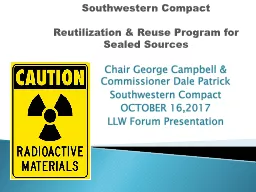PDF-Southwestern Minnesota Synod
Author : mitsue-stanley | Published Date : 2016-08-11
Page 1 of 16 2015 Compensation and Benefits Guidelines for Clergy Rostered Lay Leaders and Church Staff Introduction Decisions about compensation for rostered leaders 1 church
Presentation Embed Code
Download Presentation
Download Presentation The PPT/PDF document "Southwestern Minnesota Synod" is the property of its rightful owner. Permission is granted to download and print the materials on this website for personal, non-commercial use only, and to display it on your personal computer provided you do not modify the materials and that you retain all copyright notices contained in the materials. By downloading content from our website, you accept the terms of this agreement.
Southwestern Minnesota Synod: Transcript
Download Rules Of Document
"Southwestern Minnesota Synod"The content belongs to its owner. You may download and print it for personal use, without modification, and keep all copyright notices. By downloading, you agree to these terms.
Related Documents











![[DOWNLOAD] Science ~ Southwestern Advantage / Great American Inc. (Southwestern Advantage)](https://thumbs.docslides.com/1008681/download-science-southwestern-advantage-great-american-inc-southwestern-advantage-by-judy-jackson-dan-moore-mary-cummings-2011-05-03.jpg)


